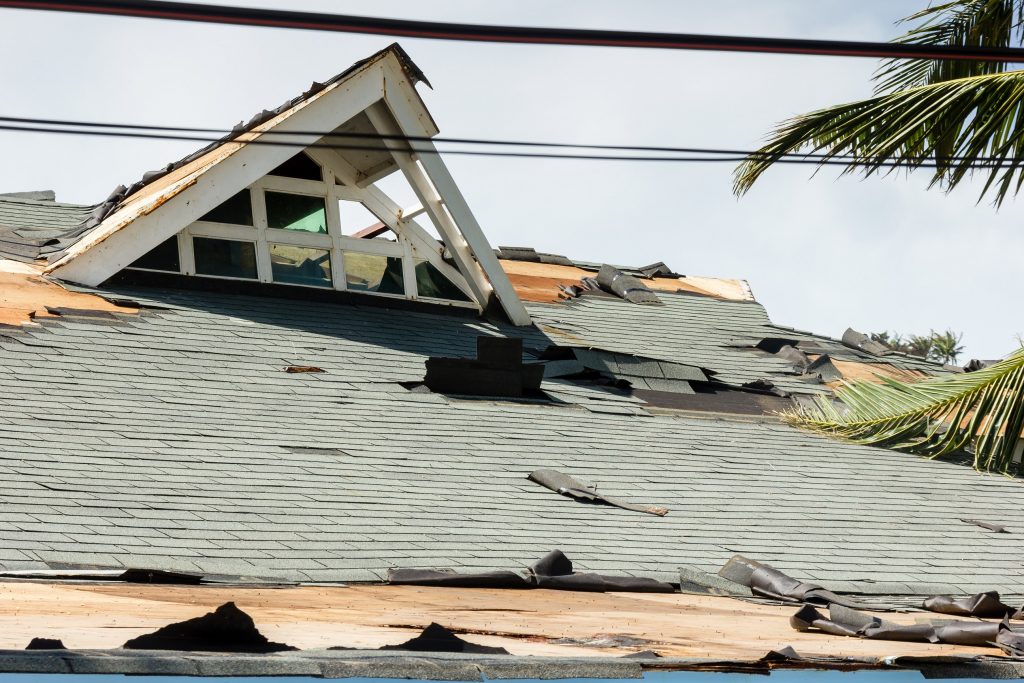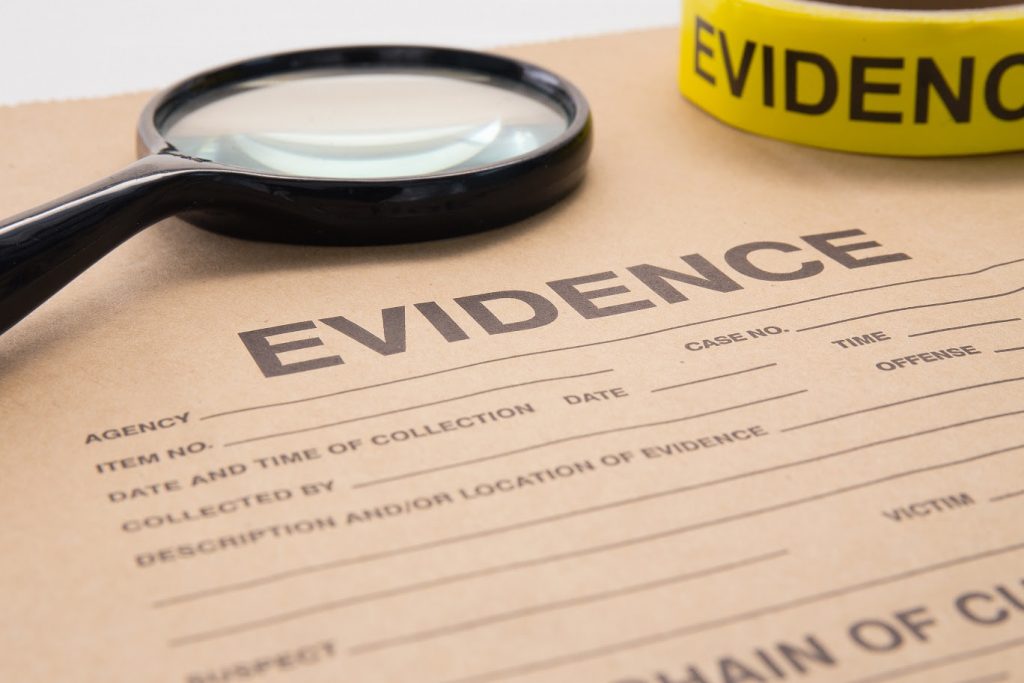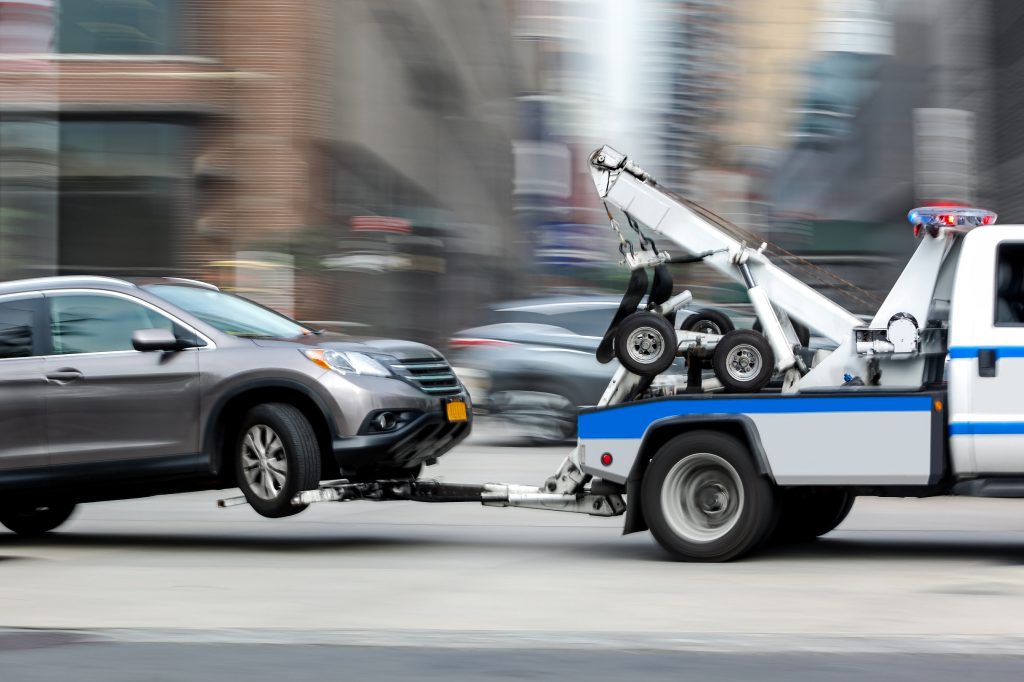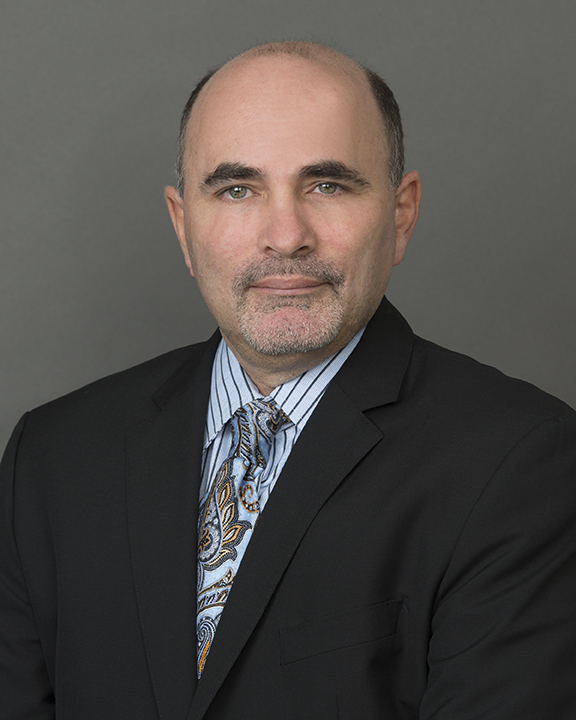May 2020

INSURER ALLOWED TO PRESENT EVIDENCE OF NON-WIND RELATED CAUSES IN ITS DEFENSE
Citizens Prop. Ins. Corp. v. Kings Creek S. Condo, Inc., 45 Fla. L. Weekly D597 (Fla. 3d DCA Mar. 18, 2020)
When Hurricane Wilma hit South Florida in October 2005 it caused damage to roofs at Kings Creek Condominium which damage was not immediately evident. In November 2008 Kings Creek notified it insurer, Citizens, of the loss, claiming that it was covered under an insurance policy for the named perils of wind and hail. The claim included all nine separate roofs at the condominium. Citizens’ engineer inspected the roofs and opined that the damage was not wind-related from the hurricane but the result of damage during installation, ongoing water intrusion, wear and tear and improper maintenance.
The jury returned a verdict in favor of Kings Creek in the amount of $3.6 million which Citizens appealed. The Third District Court of Appeal held that the insurer should have been allowed to present the evidence of improper installation and maintenance of the roof system to challenge Kings Creek’s evidence of wind-related damage. Because the judge, based on Kings Creek’s argument, refused to let that evidence in at trial the verdict was reversed and a new trial ordered.

LAWYER NEEDED
Patin v. Davis, 289 So. 3d 998, 999 (Fla. 1st DCA 2020)
A woman successfully obtained a Final Judgment of Injunction for Protection Against Stalking in part by using cell phone videos during a court hearing. The enjoined individual appealed the Injunction.
The First District Court of Appeal reversed the lower court, finding that the woman had failed to satisfy her burden of proof under the applicable statute and dissolved the Injunction. Although the woman showed the videos to the trial court judge during a hearing, they were not admitted into evidence and therefore not in the record reviewed by the First District. Had the videos been properly entered into evidence and included in the record on appeal, it is likely that the Injunction would have remained in effect.

NO CIVIL LIABILITY FOR TOWING COMPANY’S FAILURE TO RELEASE CAR
Mallery v. Norman L. Bush Auto Sales & Serv., Inc., 45 Fla. L. Weekly D619 (Fla. 2d DCA Mar. 18, 2020)
At the request of an association, a car parked without permission was towed from its property. The car owner went to the towing company to retrieve the vehicle. Because the towing company took more than an hour to release it, the vehicle’s owner sued the tow company and the association. The owner claimed that the tow company’s failure to release the vehicle within one hour of the request violated Florida Statute § 715.07(2)(a)(9), for which she sought monetary damages including the costs of removal, transportation, and storage of the vehicle.
Section 715.07(2)(a)(9) requires “When a vehicle or vessel has been towed or removed pursuant to this section, it must be released to its owner or custodian within one hour after requested” and that a violation is punishable by a third degree felony. While the statute provides for this criminal penalty, the court found that the statute did not create a private cause of action that would allow the car owner to seek monetary damages. The owner’s case was dismissed accordingly.

DEVELOPER NOT ENTITLED TO RECOVER ATTORNEYS FEES FROM RESIDENTS GROUP AND HOMEOWNER
Residents for a Better Cmty. v. WCI Communities, Inc., 291 So. 3d 632 (Fla. 2d DCA 2020)
A residents’ group and an individual homeowner brought a declaratory judgment action against a developer seeking to enforce the residential community’s declaration and general protective covenants. They voluntarily dismissed their suit once their community association filed suit against the developer for the same relief they sought. The developer moved for sanctions against the residents’ group and the individual homeowner and also sought attorney’s fees as prevailing party from them.
The judge entered the requested sanctions and awarded prevailing party attorneys’ fees to the developer as well. Florida’s Second District Court of Appeal reviewed the case and reversed the judge’s rulings. Even though the residents’ group and the homeowner dismissed their case – which generally would make the defendants the prevailing party and entitle them to attorneys fees – the Second District ruled that in this case the original claims became “moot” once the community association took up the cause and asserted the same claims against the developer. There was no purpose for the group and homeowner to continue, and the developer did not achieve its objective of making the litigation go away by that dismissal Accordingly, it was not entitled to recover attorneys fees from the residents’ group or the individual homeowner.

COUNTY RESPONSIBLE TO MAINTAIN DITCH
Brannick v. Pinellas County, 45 Fla. L. Weekly D708 (Fla. 2d DCA Mar. 25, 2020)
After losing control, a bicycle rider fell into a drainage ditch in an intersection owned and maintained by Pinellas County. The rider could not remember how he fell into the ditch or how the accident happened. He simply recalled waking up hours later inside the ditch. Based on this lack of memory, the trial judge entered judgment for the County and did not allow it to proceed to trial.
The Second District Court of Appeal reviewed the case and ruled that the trial judge had incorrectly ruled in favor of the County. Since the County was responsible to maintain the ditch, it was up to a jury to decide whether the County’s alleged negligence was the cause of the rider’s injuries, even though he could not remember how the accident actually happened.

Jed Frankel is a shareholder with Eisinger Law. He is a Florida Certified Circuit Mediator and is Board Certified in Condominium and Planned Development Law, as well as Civil Trial Law, by The Florida Bar. He focuses his practice on community association law, litigation and dispute resolution. He can be reached at jfrankel@eisingerlaw.com or 954-894-8000 x 301.
